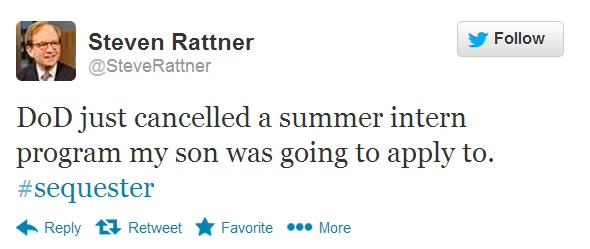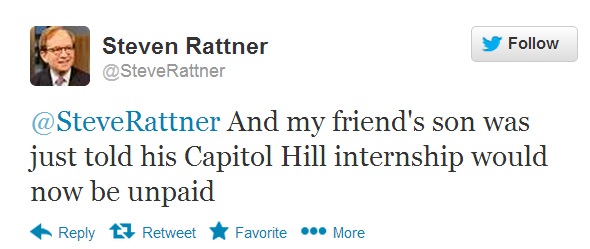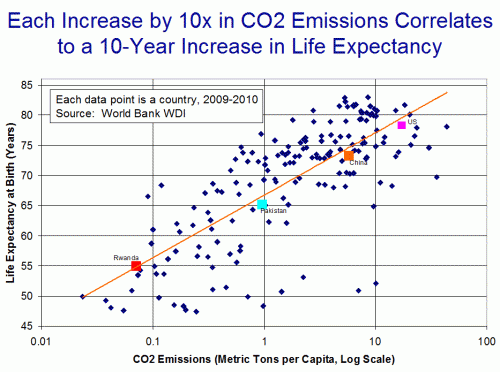Problems at UPS
I continue to have shipments lost - badly lost - recently at UPS. After 10 years of not a single foul-up, UPS has now lost or mis-routed five important shipments of mine in just 3 months. In several of these cases, shipments that were supposed to be overnight did not get delivered for 4 or 5 days. More worrisome, the packages seemed to sit (according to the tracking) in random locations until I called and forced something to happen -- there did not seem to be any sort of automatic intervention to save or reroute them. In the most disturbing case, a woman in Arizona called our office to tell us that our Florida payroll had just been delivered by UPS to her house.
This is particularly worrisome because most of our shipments are date critical - payroll that has to be somewhere on a particular date or bids that must be delivered by a certain time or be voided. Recently we have taken to paying extra and shipping everything one day faster than we need to give UPS room to screw up - ie overnight when we actually have two days to the due date. But even so, UPS has fouled two shipments up so badly they were late even with an extra day to spare.
My statistics memory is rusty, but my guess is that my very few samples of a very large system don't necessarily indicate a process problem to any significance. Still, we are worried. The problem is I don't know who to switch to -- we left Fedex when they screwed up two of our first three shipments.








